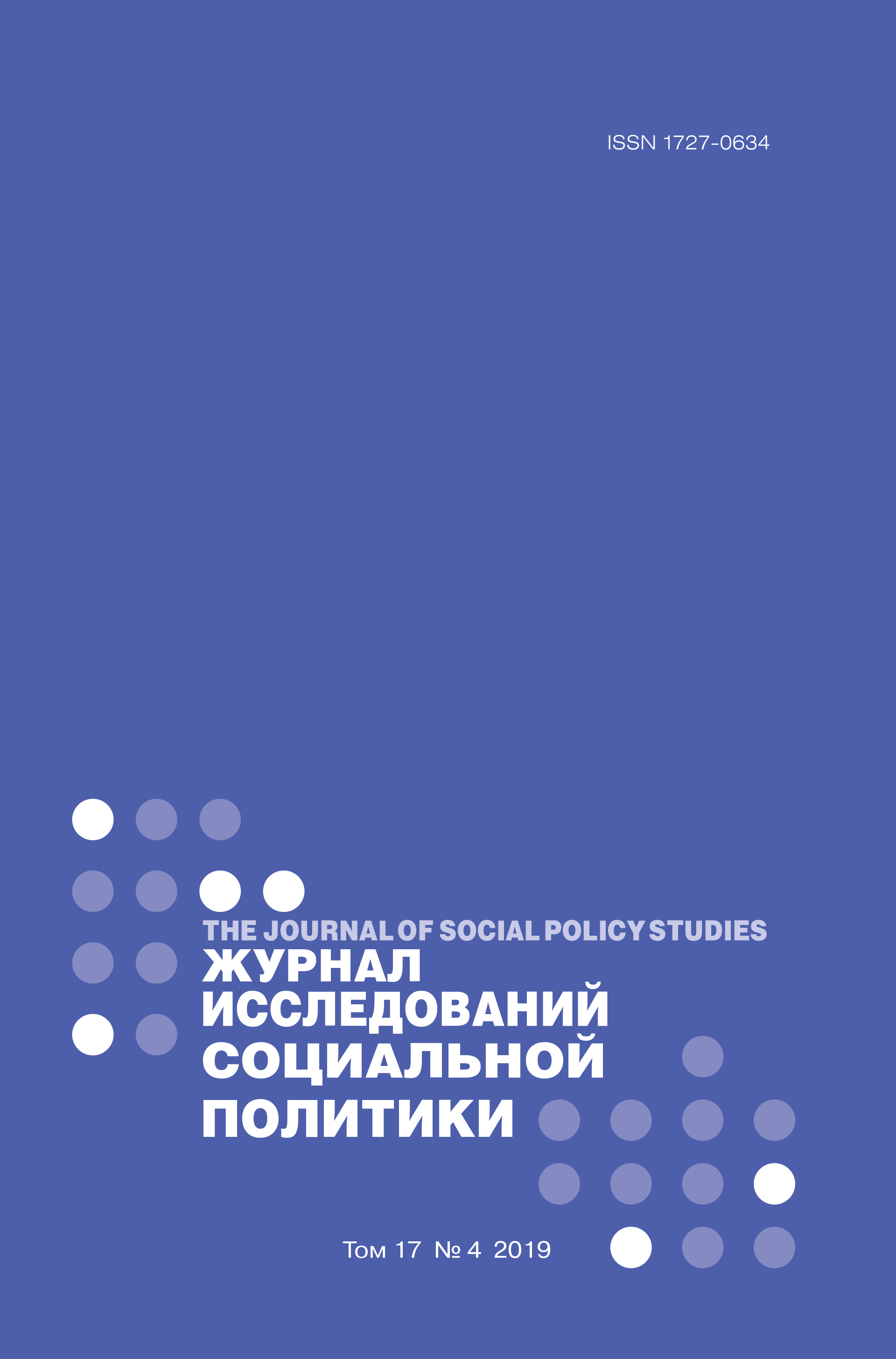The Rhetoric of the Agents of Social Control in Relation to Prevention of Wrongful Behaviour among Youths
Abstract
Studies of European and American scholars have highlighted the low effectiveness of preventive social control. In Russia, such studies have yet to be conducted. Nonetheless, the negative tendencies of wrongful behaviour among youths suggest there are shortcomings in the current set of preventive measures. These tendencies include an increasing number of incidents, as well as the rejuvenating and feminisation of wrongful behaviour. The study of the reasons for the inefficiency of these preventive activities can also be carried out on the basis of analysis of assessments given by agents of social control. To do this, a constructivist approach to social control as a form of communication is employed. Studying this process entails deconstructing the rhetoric of various agencies of social control. The results of study are based on analysis of transcripts of interviews with experts. Representatives of the police, schools, state and non-state social protection organisations were interviewed. Their rhetoric was deconstructed concerning the interaction of agencies with preventive work concerning young people. The study showed that the current state of preventive activity is described by the agencies of control either through the idiom of danger or using disaster as the main leitmotif. For the police and school representatives, perception of the threat is tied to the ineffective activities of some institutions and the lack of interest shown by parents. They also used constructs revolving around the rhetoric of empowerment, which are associated with the expansion of the powers of the agencies of control. Representatives of social protection agencies more often use the leitmotifs of disaster in describing the state of preventive activity. They associate threats with the insufficient attention of the state to preventing wrongful behaviour among youth. This is reflected in insufficient financial support, ill-conceived laws, staff reduction, as well as unnecessarily strict controls over the activities of prevention subjects.















